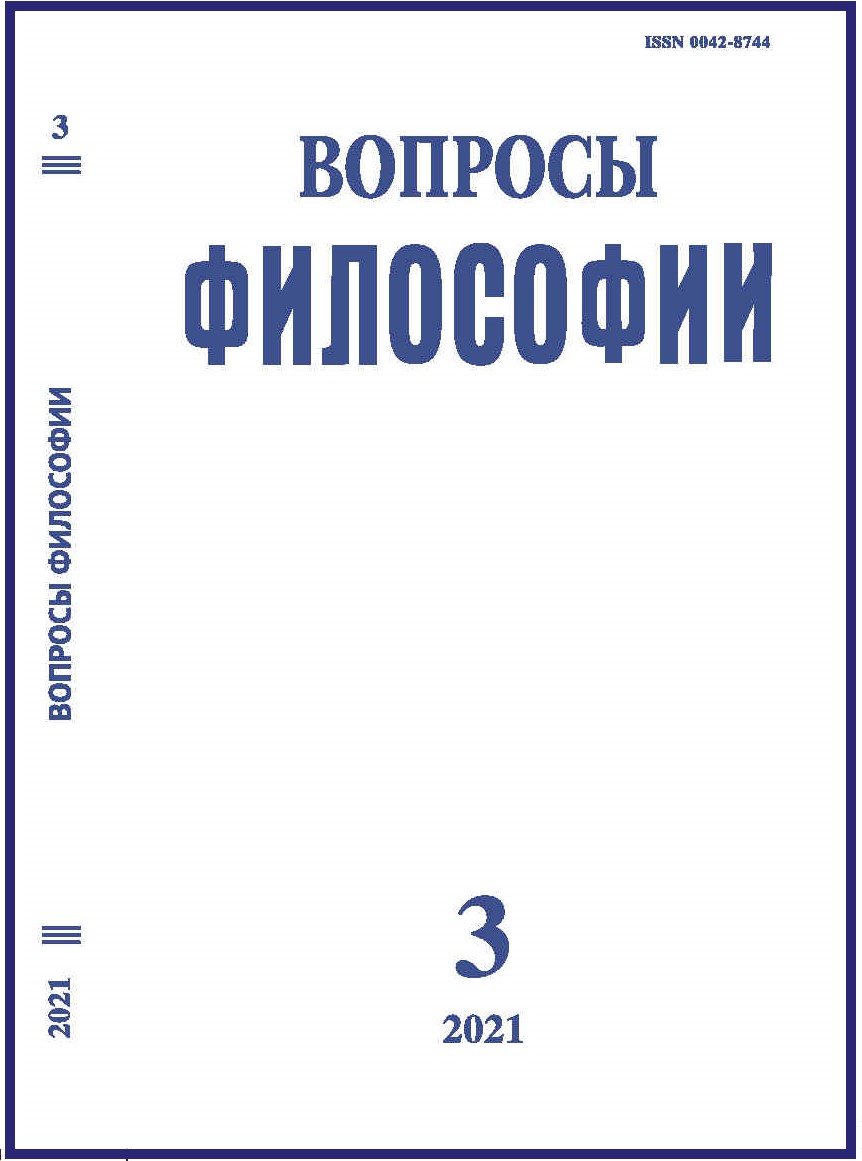Saint-Simon and Napoleon: the Emperor’s Personality and the Philosopher’s Worldview
Keywords:
Saint-Simon, French philosophy, socialism, Napoleon, social philosophyAbstract
The article analyses Saint-Simon’s ideas about the mechanism of transition to social reorganization, which he saw as the main content of his contemporary era. Starting with the Letters of Geneva Resident to Contemporaries in the plans of the philosopher a special, exclusive place was given to Napoleon. Saint-Simon expected to strike, attract with his ideas a new star who rose on a political skyscraper. He judged from a belief in the linear, logical-defined course of history. Napoleon was present in the mind of the philosopher as a hero who overcame the negative consequences of the French Revolution, almost the only one able to comprehend easily innovative ideas concerning the transformation of society. In the initial version of Saint-Simon’s philosophy of history, he acts as a necessary element to cement the past with the future. In the time of the First Empire Saint-Simon’s admiration of Napoleon increases, along with his genius is glorified his invincibility as the greatest of people and his coming world conquest. Following this event, the theorist of socialism expects a genius to turn to the sciences and issues of reforming society in the way he predicted. He regarded the “Emperor’s Tribunal” as the highest, most authoritative instance to appeal to resolve worldview collisions. The Restoration cardinally changes the philosopher’s attitude to Napoleon's personality. His role in history for socialist’s consciousness is no longer progressive, but rather conservative. But the general principle – the search for support for his projects from the head of state – is not rejected by Saint-Simon. Now he appeals to Louis XVIII and in general to European monarchs. The bet on a peaceful way of moving to a new, fairer structure, dictated a series of attempts by the philosopher to build a dialogue with the representatives of power.

